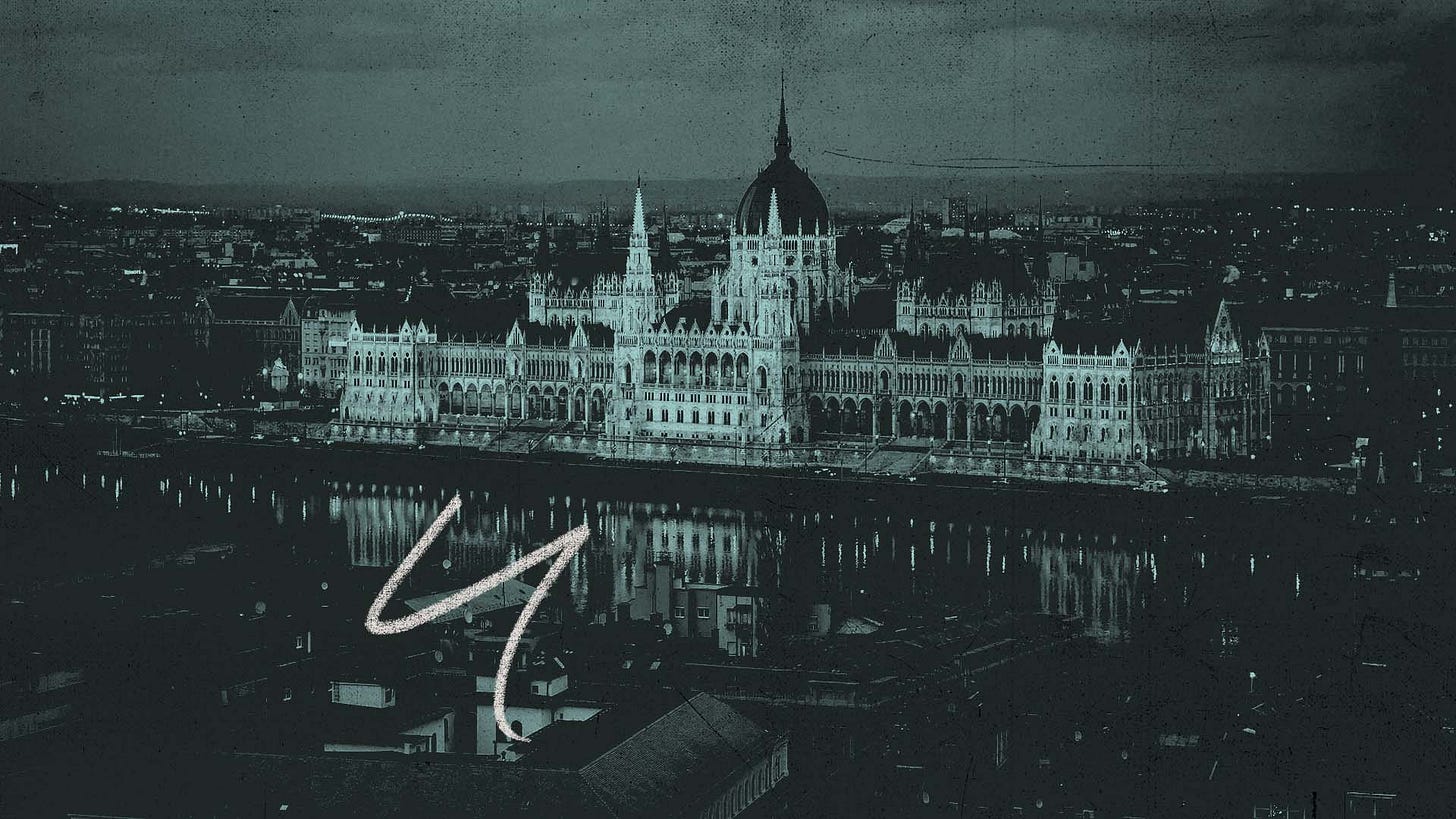Budapest Diaries
Can Hungary’s state-driven cultural policy serve as a model for American conservatives?
I am spending the next month in Budapest, Hungary, as part of a visiting fellowship at the Danube Institute, a conservative research center in the city’s Castle District.
In recent years, Hungary has become a hub for conservative intellectuals. The government of Prime Minister Viktor Orbán has established a constellation of right-leaning university programs, think tanks, research centers, and even a café franchise named after the British philosopher Roger Scruton. Orbán has proposed an alternative to the Brussels consensus, devoting significant resources to reforming the education system, revitalizing the country’s religious institutions, subsidizing healthy family formation, and reviving the classical architectural style.
This is not popular with everyone. The European Union has punished Hungary for bucking the trend of liberal technocratic governance, turning the small, landlocked nation into a scapegoat, much in the same way that America’s elite institutions have denigrated working-class conservative voters in the country’s heartland. Because of this, there is an immediate affection between Hungarian and American conservatives, both of whom feel besieged by the establishment and in need of a new strategy for managing the relationship between state and society.



